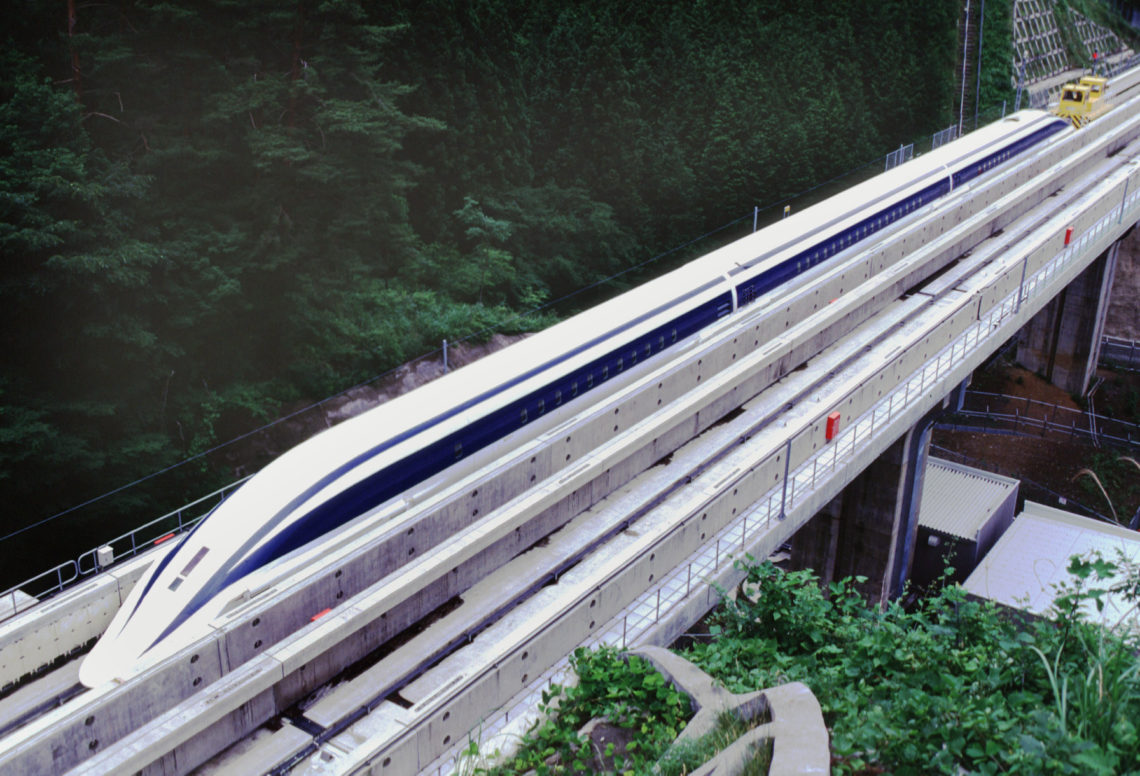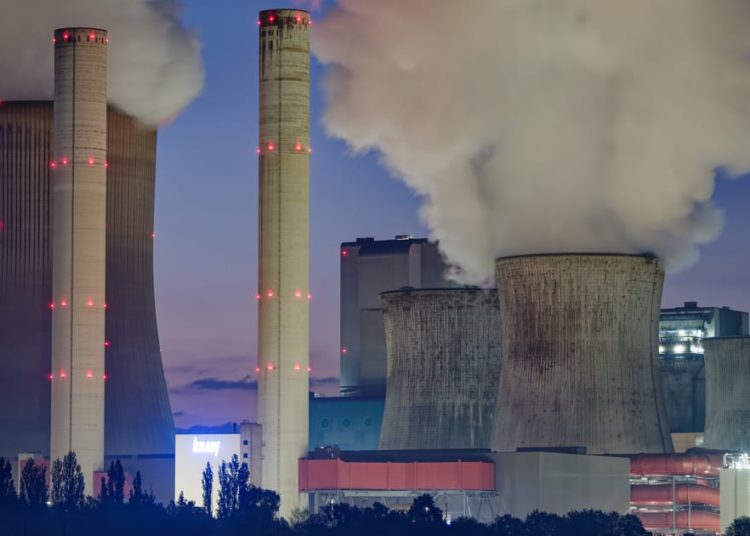President Donald Trump‘s administration pulled funding this week for a proposed high-speed magnetic levitation (Maglev) rail line connecting Washington D.C. and Baltimore.
Transportation Secretary Sean Duffy told The Baltimore Sun on Friday that he couldn’t “in good conscience keep taxpayers on the hook” for the 26.6-mile line and cancelled over $26 million in funding.
Newsweek called the Department of Transportation on Saturday outside of regular office hours for comment.
Why It Matters
The United States doesn’t currently have any operational high speed rail lines as defined by the International Union of Railways (UIC), but two are currently under construction in California and other projects have been proposed across the nation.
However, supporters of high-speed rail are nervous about the Trump administration’s attitude after it revoked $4 billion in federal funding for an under-construction line intended to connect San Francisco and Los Angeles as well as a $63.9 million grant for a project in Texas.
What To Know
The Maglev line was planned to connect Baltimore to Washington D.C. with a journey time of less than 15 minutes using magnetic levitation, a technique that sees trains held above the track by electromagnets removing the friction associated with traditional wheels.
On Friday Secretary Duffy told The Sun that federal funding for the project had been scrapped, commenting: “This project lacked everything needed to be a success from planning to execution. This project did not have the means to go the distance, and I can’t in good conscience keep taxpayers on the hook for it.”
Two federal grants totaling over $26 million for the project were cancelled, while support was also pulled for an environmental study needed to acquire a construction permit.
Maglev technology has been developed in Japan since 2002 and testing has also taken place in China where one line achieved speeds of over 620 miles per hour, faster than many commercial aircraft.
Maryland Governor Wes Moore was an enthusiastic backer of the project, and in April visited a team working on the technology in Japan where he said: “You have in me, and you have in our team, very excited partners to be able to continue to push forward… We like moving fast, and 315 miles per hour feels about right.”
Federal figures show nearly $27 million had been spent on the Maglev project in Maryland.
What People Are Saying
Speaking to Newsweek Professor R. Richard Geddes, a transportation infrastructure specialist at Cornell University, said: “Secretary of Transportation Sean Duffy announced that the federal government will cancel $26 million in funds for Baltimore to DC maglev project. This is welcome news. The extremely expensive maglev train project between Baltimore and Washington D.C. has faced significant delays, cost overruns, and local opposition.
“The passenger rail route from Baltimore to Washington is already well served by both Amtrak and MARC trains. There are also several major highways serving the same route. It is unlikely that, even if completed, that revenue from ridership would be sufficient ridership to even cover that line’s operational costs, much less its capital cost.
“There are higher-value passenger rail projects on which this money could be spent to improve Amtrak’s service in the Northeast Corridor. That includes increasing track capacity to accommodate more trains and reduce congestion, as well as upgrading tracks to allow higher speeds.”
What Happens Next
Work on Maglev technology will continue in Japan and China and other U.S. projects could be proposed at a later date.
The post US Abandons Maglev Train Plans as China Rapidly Develops Technology appeared first on Newsweek.




